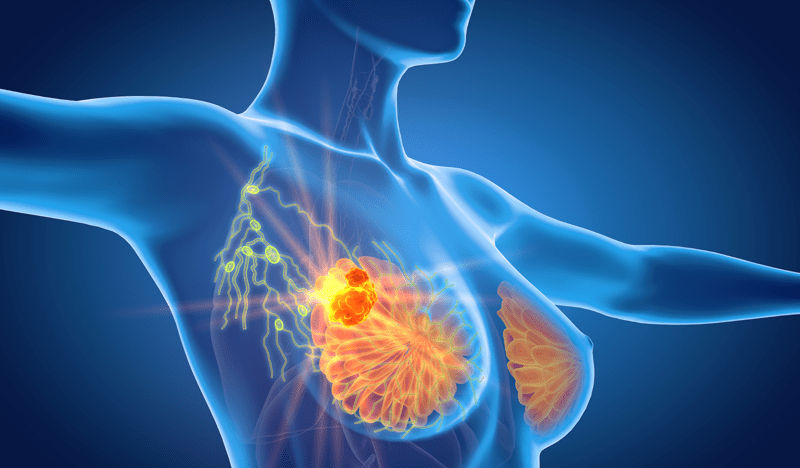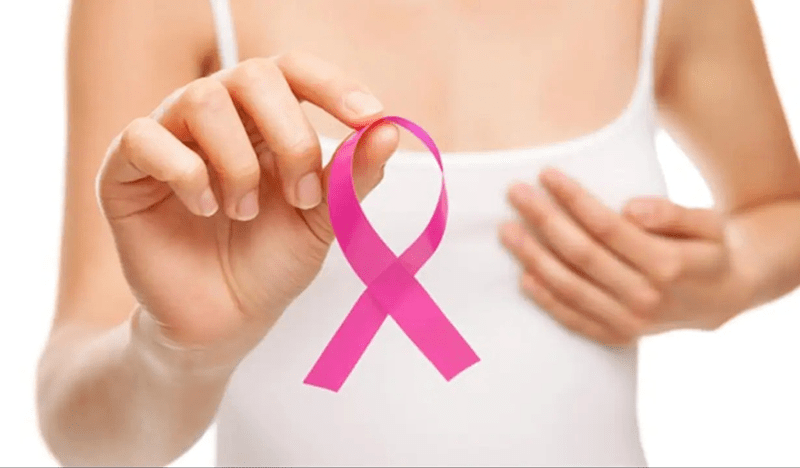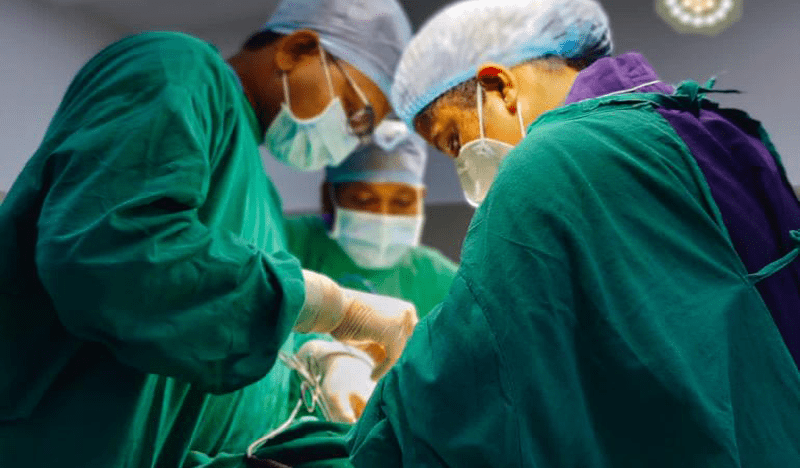Blog

Breast Cancer: Symptoms, Risk Factors, and Prevention
What is breast cancer?
A kind of cancer that is known to usually develop due to cancerous growth of cells in the breast. It can affect both men and women, but it affects women far more frequently. Usually, the major portion of breast lumps are not found to be cancerous (malignant). Non-cancerous tumors in breast are abnormal growths which are known to not spread anywhere else other than the breast. Although they are not life threatening, some benign breast lumps can increase a woman's risk of developing breast cancer. Any breast lump or change should be evaluated by a health care professional to determine whether it is benign or malignant (cancer) and whether it may affect your future cancer risk.
Breast cancer warning signs include—
Unusual lump found in the area of breast/underarm (armpit).
Unusual swelling/thickening found in any area of breast.
Breast skin irritation or dimpling.
Redness/flaky skin found in any area of breast.
Pulling in of the nipple occurrence of pain in the area around nipple.
Unusual nipple discharge (blood).
Any change in the breast's size or shape.
Breast pain.
In case of presence of above-mentioned breast cancer symptoms, it is advised that you book an appointment with a cancer expert right away.
Genetic alterations
History of reproduction: Initial menstrual cycles before the age of 12 and menopause beginning after the age of 55 expose women to hormones for a longer period of time, increasing their risk of breast cancer.
Having a large breast.
Breast cancer, ovarian cancer or certain non-cancerous breast diseases in one's family.
Previous radiation therapy treatment.
Breast cancer risk factors that you may be able to do something about
Being physically inactive.
Obesity or being overweight after menopause
Using Certain Types of Hormone Replacement Therapy
History of reproduction: Having your first pregnancy after the age of 30, not breastfeeding, and never having a full-term pregnancy can all increase your risk of developing breast cancer.
Being an alcoholic: According to research, the more alcohol a woman consumes, the more likely she is to develop breast cancer.
Other risk factors for breast cancer, according to research, include smoking, exposure to carcinogenic chemicals, and changes in other hormones caused by night shift work.
What to do in case of breast cancer symptoms?
Do not ignore it. Early detection can save your life. Consult a doctor immediately. The sooner you get yourself screened the better the chances of completely successful treatment.

Breast-Saving, Breast Cancer

Mastectomy or breast conservation, Surgery Which is The Better Option
Mastectomy : removal of whole of the breast, usually along with axillary lymph nodes, which scalso known as modified radical mastectomy, in the era before widespread availability of radiation machine it was the most popular modality, patient may or may not require radiotherapy depending upon the axillary nodal involvement
Breast conservation surgery : involves removal of tumor along with sufficient margins or one of the quadrants of the breast , which is followed by adjuvant radiotherapy; BCS restores the normal female anatomy without adding any significant morbidity without compromising on the cure, it has become the preferred modality

